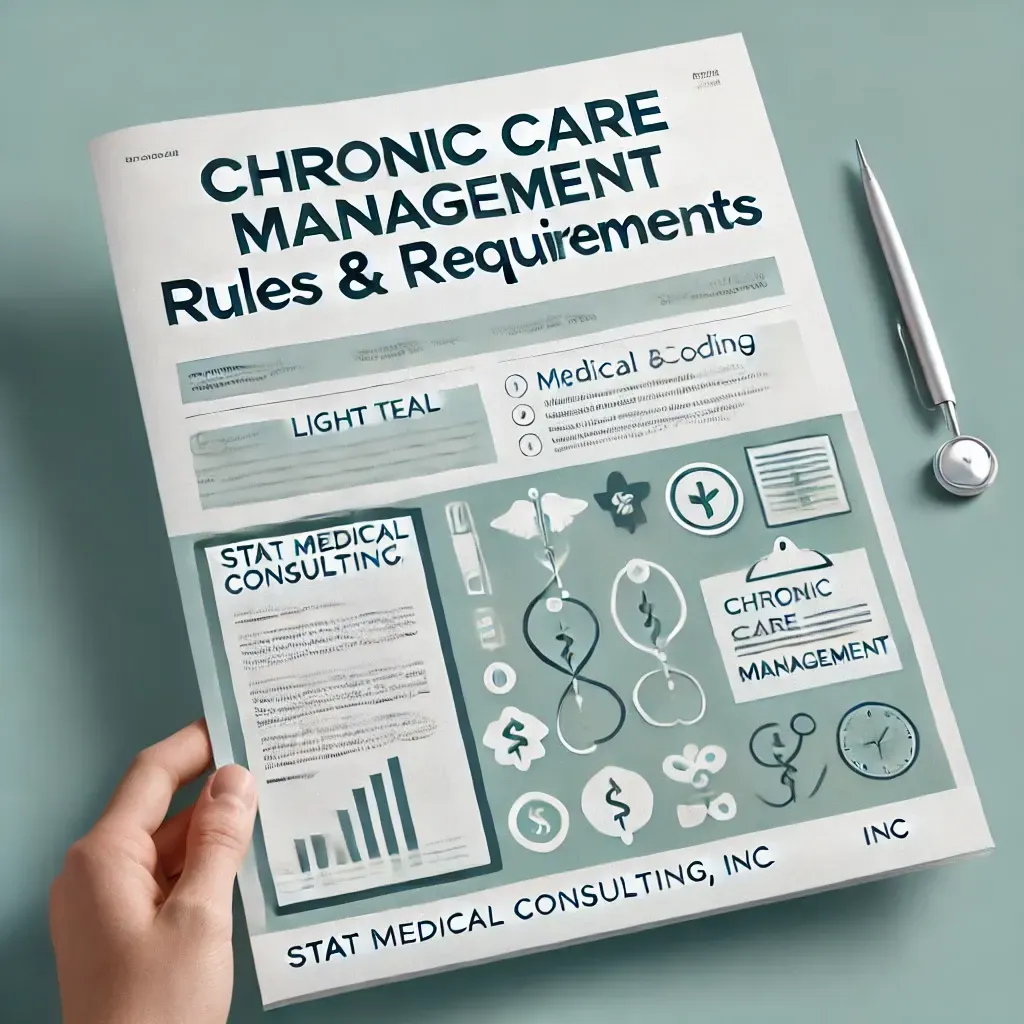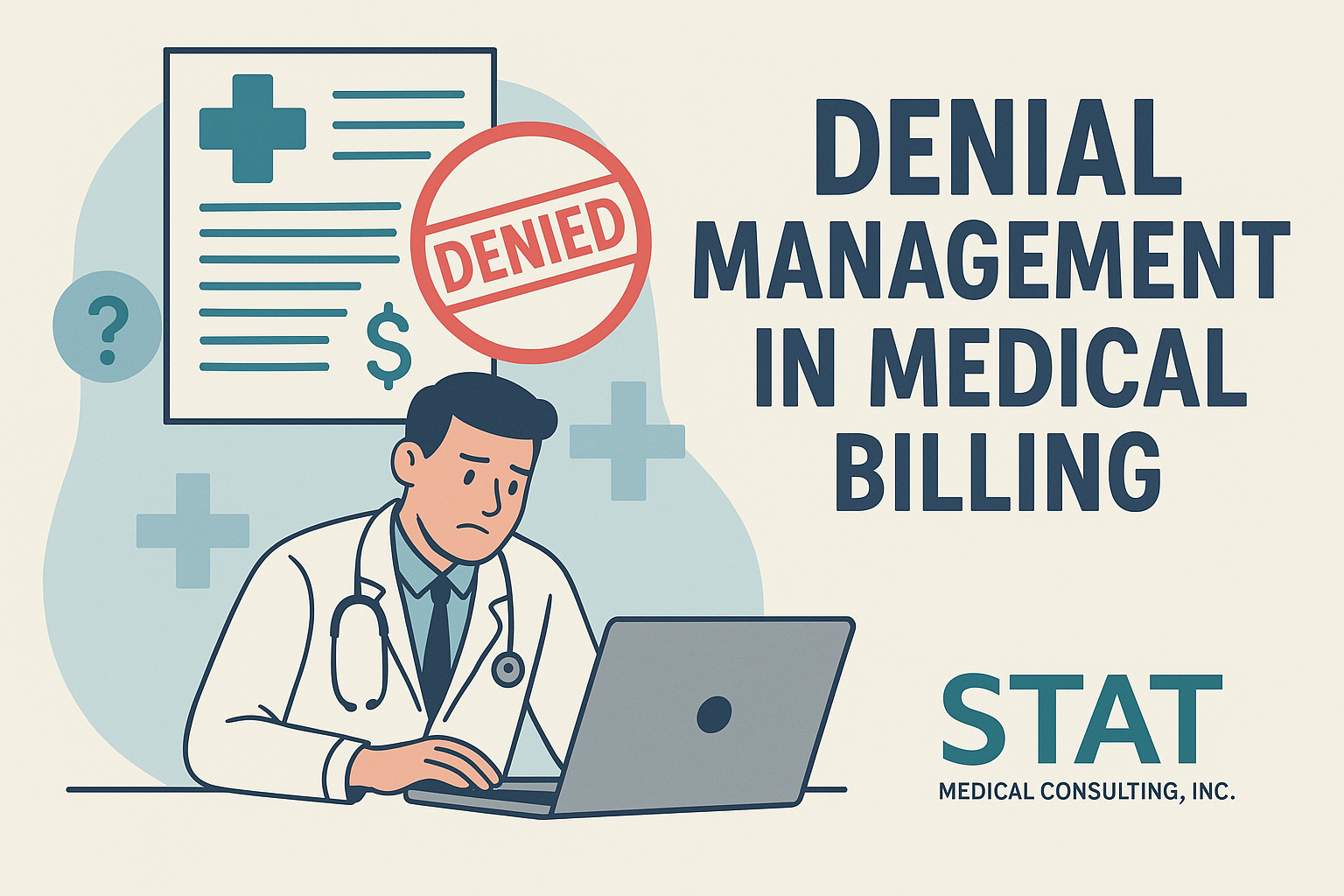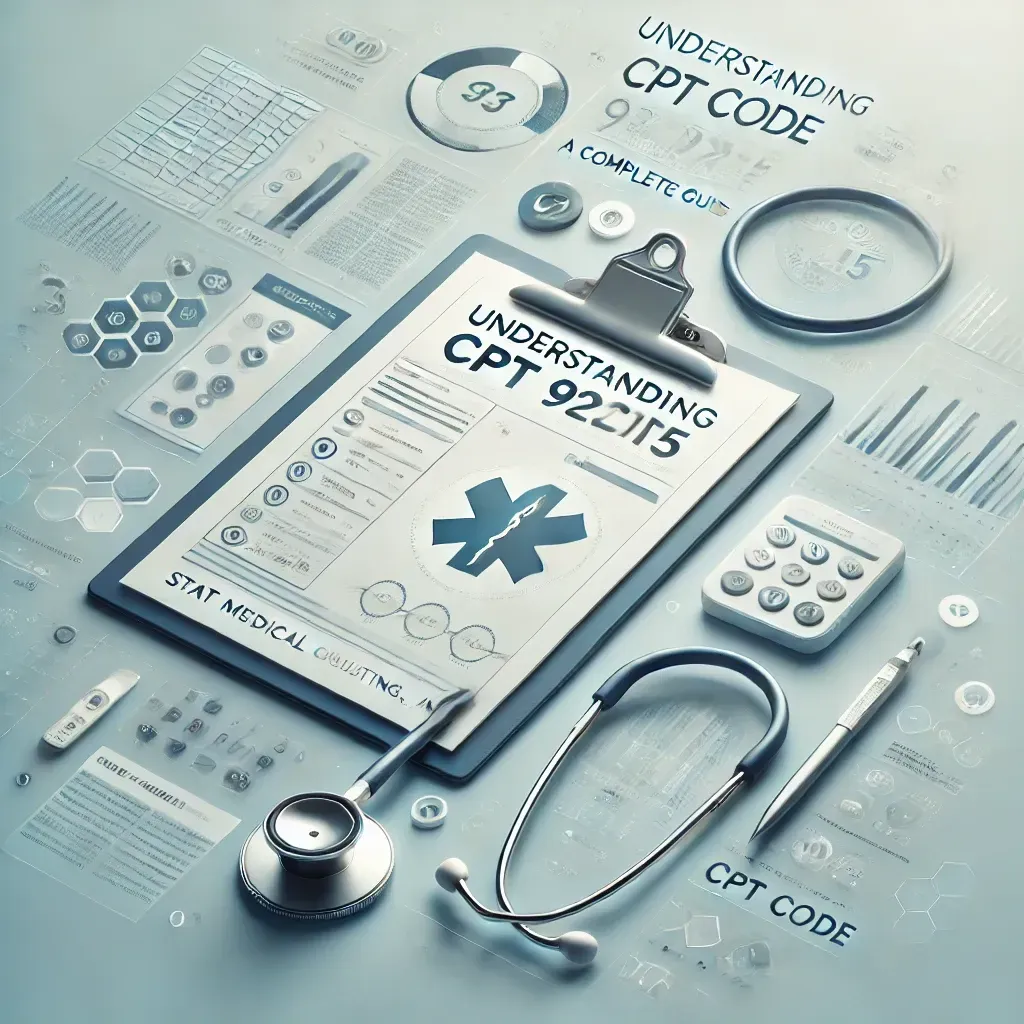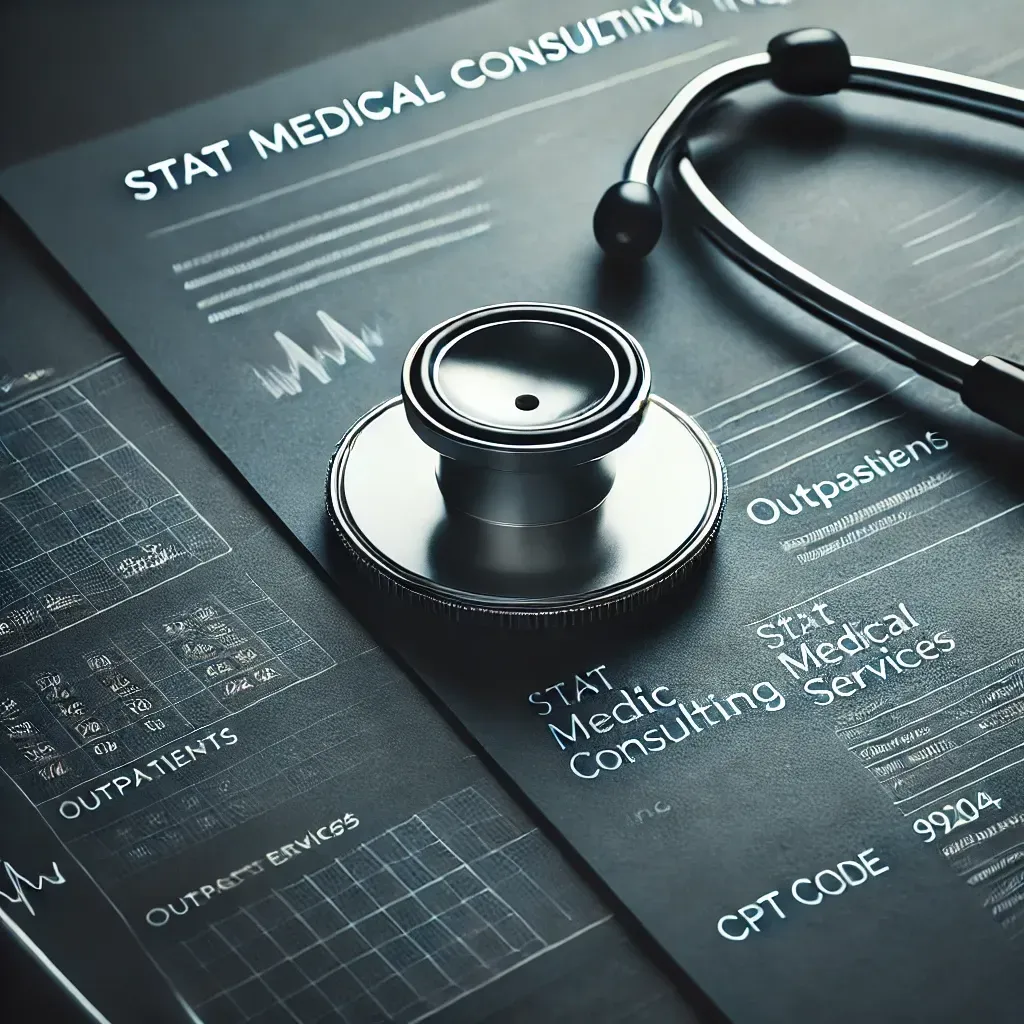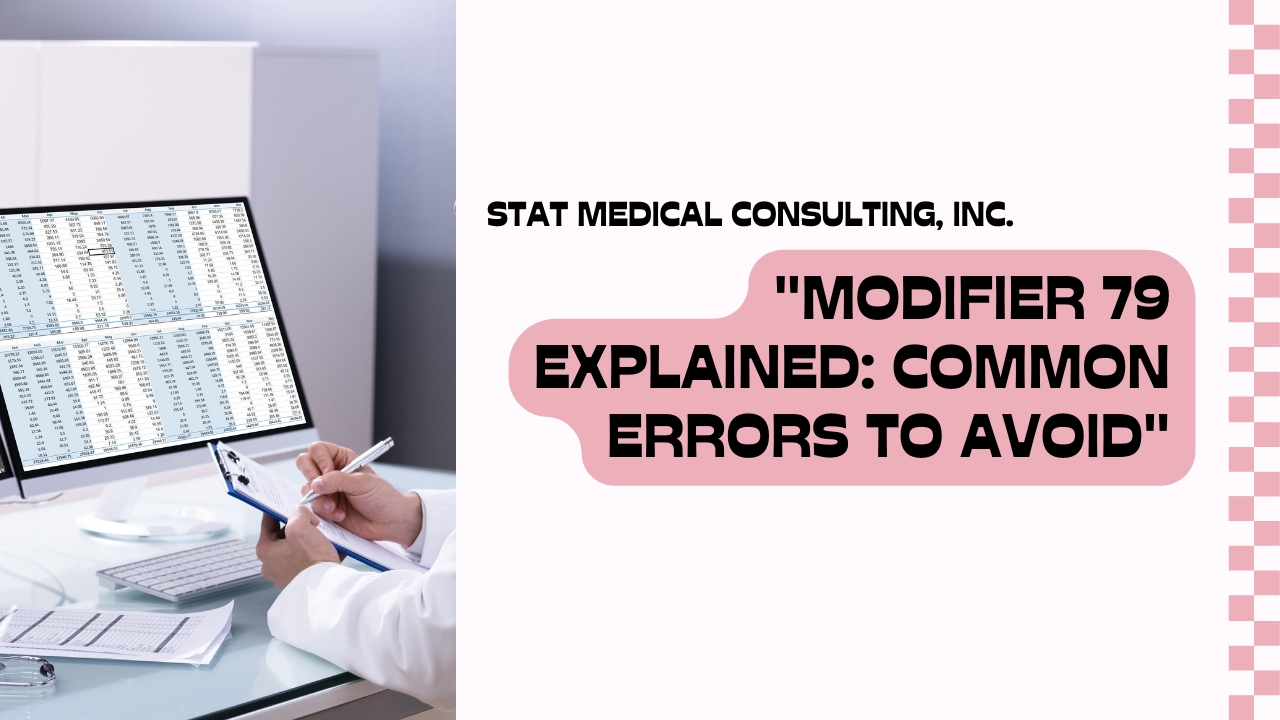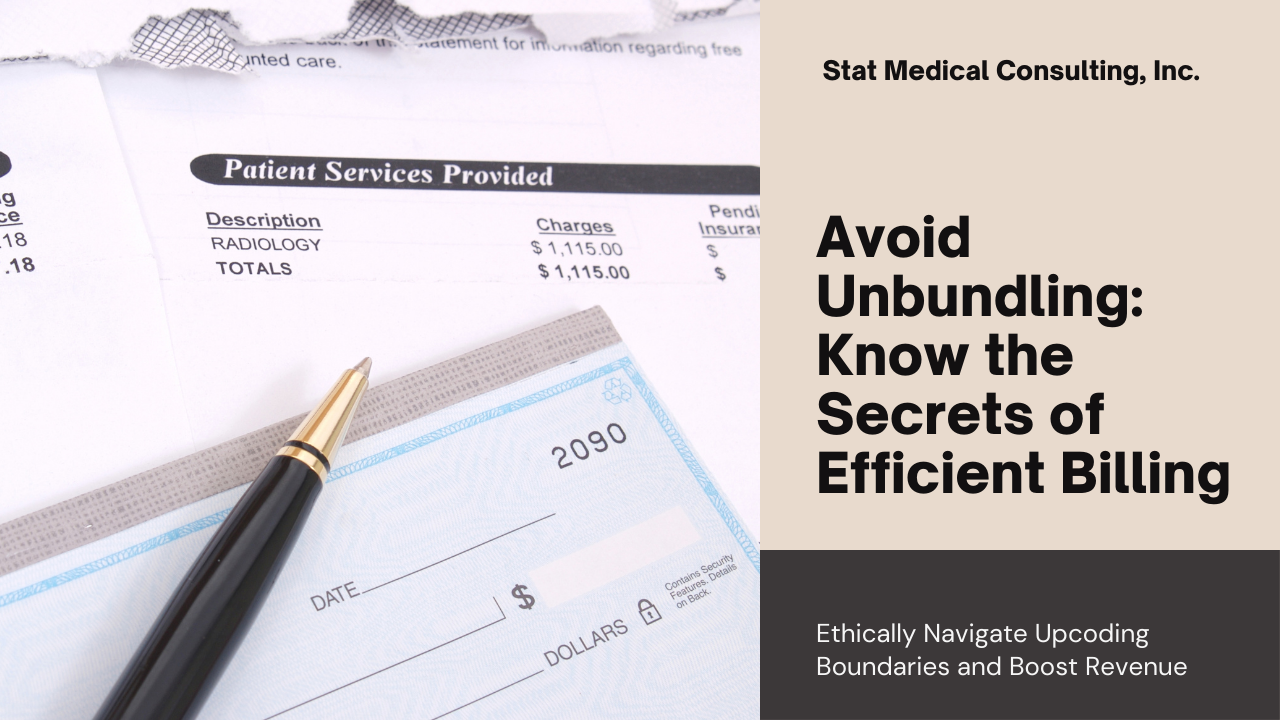Top 10 Medical Claim Denial Reasons
Top 10 Medical Bill Denial Reasons
Medical billing is a complex process involving submitting claims to insurance companies to reimburse providers. Healthcare providers often encounter claim denials, leading to delayed payments and increased administrative burden. This article will explore the top 10 most common medical billing claim denial reasons and provide insights into how healthcare providers can avoid these issues to increase their reimbursements.
Inaccurate Patient Information:
One of the primary reasons for claim denials is inaccurate patient information. It is imperative that the front office staff ensure that all patient demographic details, such as name, address, date of birth, and insurance ID, are correctly entered into the billing system. Regularly verify and update patient records to minimize the risk of claim rejections. Insurance companies and patients change insurance often and it is vital to a practice’s health that this information is captured accurately.
Lack of Prior Authorization:
Many medical procedures require prior authorization from insurance companies. Failure to obtain the necessary approvals can lead to claim denials. Educate your staff on the importance of getting prior permissions for specific treatments or services to prevent claim rejections.
Non-Covered Services:
Insurance plans often have limitations on certain covered services. Claims for services not covered by the patient's policy will be denied. Familiarize your billing team with the details of different insurance plans to identify non-covered services and communicate these to patients beforehand.
Coding Errors:
Accurate medical coding is crucial for successful claim processing. Coding errors, such as incorrect CPT or ICD-10 codes, can result in denials. Invest in regular coding training for your staff to minimize coding-related rejections. Coding tools and books are updated on an annual basis and it is important to have all the latest version in your office or practice. It is not an expense you can afford to avoid.
Timely Filing Limits:
Every insurance company has a specific window within which claims must be submitted after the service date. Failing to submit claims within this timeframe leads to automatic denials. Implement a robust claim tracking system to ensure timely filing and avoid rejection based on missed deadlines.
Duplicate Claims:
Submitting the same claim multiple times can lead to denials and strain-payer-provider relationships. Implement checks in your billing system to identify and prevent duplicate claim submissions. Many billers without the expertise to correct claim error simply resubmit claims to try to get claims paid, only to face additional denials and duplicate claims and additional paperwork to sort through.
Coordination of Benefits (COB) Issues:
Proper coordination of benefits is essential when a patient has multiple insurance plans. Failure to do so can result in claim denials. Verify and confirm the primary and secondary insurance details to avoid COB-related rejections.
Lack of Medical Necessity:
Insufficient documentation of medical necessity is a common reason for claim denials. Ensure that all medical records and supporting documents are complete and demonstrate the services' necessity.
Out-of-Network Providers:
Some patients are not covered to see providers outside of their provider network. The claim may only be allowed or covered to be paid, if a provider is in the patient's insurance network. Verify the provider's network status before rendering services and discuss payment options with the patient if needed.
Policy Limitations and Exclusions:
Insurance policies may contain specific limitations and exclusions for certain procedures or services. Familiarize yourself and make sure your patients are aware of their own policy coverages and benefits especially with the fine print of different policies, to avoid claim denials due to policy limitations.
Conclusion:
Claim denials can significantly impact the financial health of healthcare providers. By understanding the top 10 common medical billing claim denial reasons and taking proactive steps to prevent them, healthcare facilities can streamline their billing processes, reduce administrative burdens, and ensure prompt service reimbursement. Regular staff training, accurate documentation, and efficient claims tracking are vital components of a successful medical billing strategy, enabling providers to deliver quality care while maintaining financial stability.
